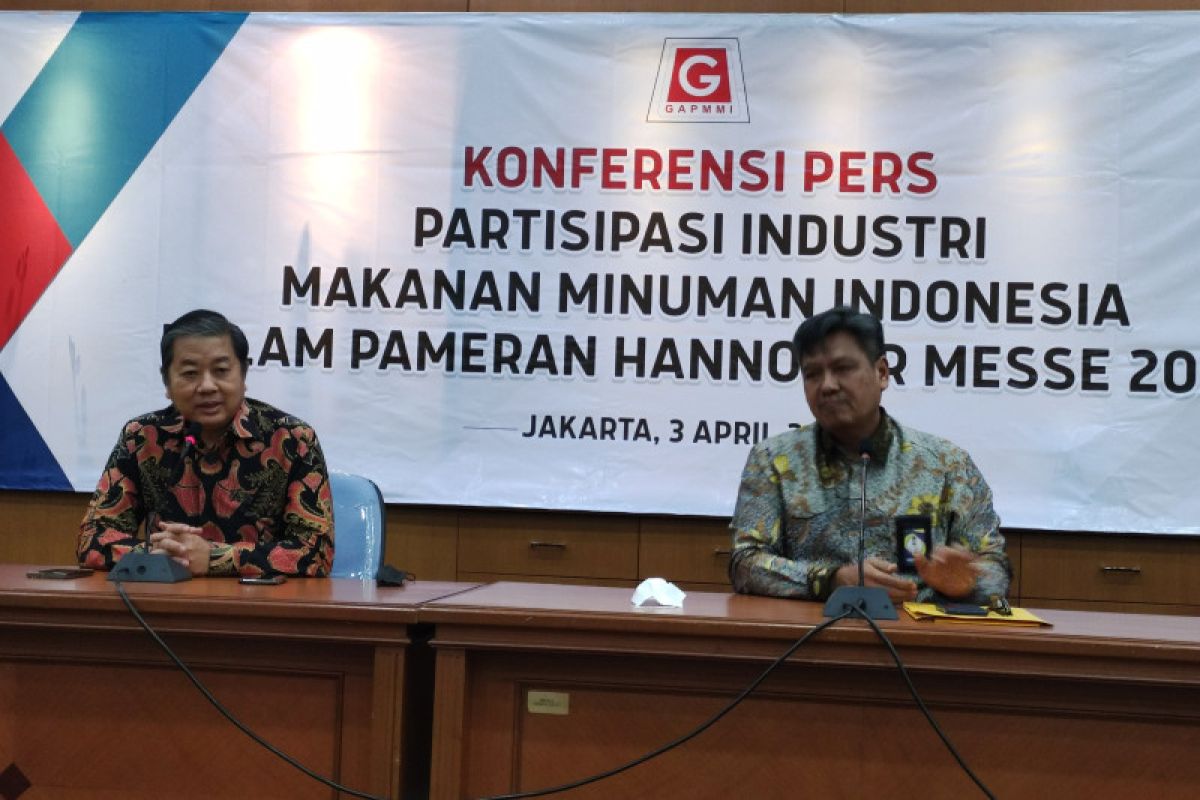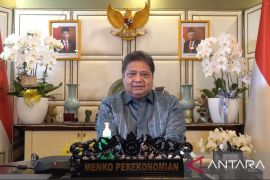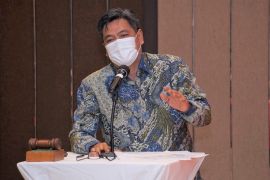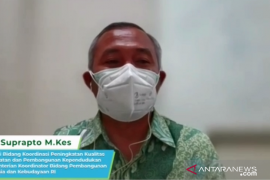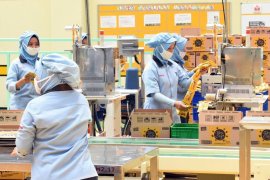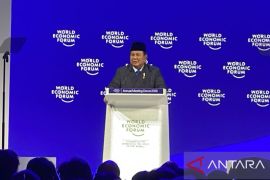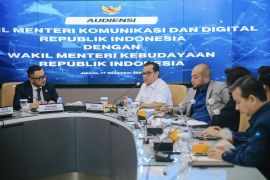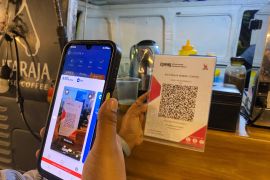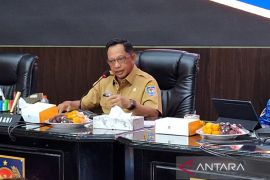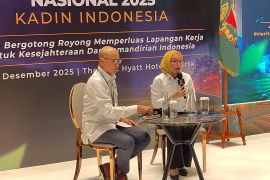At a press conference here Monday, he noted that most food and beverage industry players had already implemented automation to reduce material contact with humans.
"Now, it is only a matter of how to integrate it," he remarked.
"To integrate this, we already agreed with GAPMMI (Indonesian Food and Beverage Producers Association) that we will work on it through human resources' certification," he stated.
Certification will be conducted by referring to the Indonesian National Work Competence Standard (SKKNI).
The SKKNI is a work capability formulation that encompasses knowledge, skills and/or expertise as well as work outlook relevant to the execution of the established position's duty and requirements.
From some 800 companies currently existing in the food and beverage industry, Ardika is aiming to certify around 1,200 people.
In relation to digitalization, Ardika noted that over 60 companies are already being assisted by consultants to implement Industry 4.0.
Several food and beverage companies are interested in implementing digitalization, as it offers immense benefits to support fair trade and maintain product quality.
Ardika expects that digitalization in the food and beverage industry can be implemented on a larger scale to encourage products' competitiveness and increase farmers' income in the upstream.
At the event, Chairman of GAPMMI Adhi S. Lukman stated that several food and beverage companies had implemented digitalization and automation for increasing efficiency.
Despite this, he acknowledged that several companies also only implemented it partially within certain sections.
"I believe almost everyone wants to implement this to improve efficiency and productivity. In distribution, for instance, digitalization will save inventory cost," he explained.
Related news: Indonesian products to fulfill 30-percent requirements of pilgrims
Related news: Ministry helping promote Indonesian food, beverages in Europe
Translator: Ade irma Junida, Fadhli Ruhman
Editor: Rahmad Nasution
Copyright © ANTARA 2023
